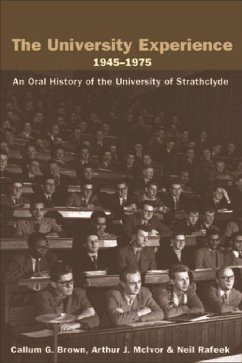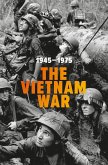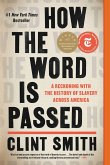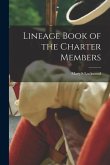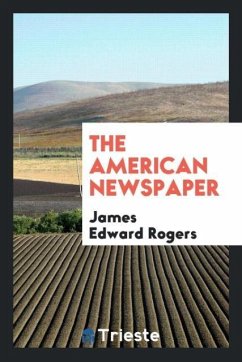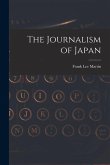The first book devoted to an oral history of a British university during the 'swinging sixties'. Students, lecturers and support staff are interviewed about teaching and working on campus in the mid-twentieth century. Told in their own words, it is a story of struggle and sacrifice, pride and commitment. It reveals how the modern university transformed lives, new technologies propelled path-breaking research, and how with new skills its graduates could remodel society. The University of Strathclyde was created in central Glasgow in 1964 from the merger of two higher-education colleges. The Andersonian started in 1796 as Britain's first college to offer technical-based higher education to both women and artisans, while the Commercial College's opening literary night, in 1847, was chaired by Charles Dickens. By the 1950s, both colleges offered students 'useful knowledge' in engineering and commercial subjects in order to launch them into local employment according to family traditions. In the mid-1960s, industrial decline struck Glasgow. Against the backdrop of the city's tough reputation and devastating social problems, lecturers and students with a mission to improve society came to a new university that offered opportunity - especially to women, mature students, the working classes and minority groups. Eschewing institutional history, this book debunks the myth of the drop-out generation of sixties' students, their drugs and underground culture. It shows how one university developed as a community of the dedicated and brilliant, creating the learning and researching environment which made 'going to the unie' the classic formative experience of british people in the late twentieth century.
Hinweis: Dieser Artikel kann nur an eine deutsche Lieferadresse ausgeliefert werden.
Hinweis: Dieser Artikel kann nur an eine deutsche Lieferadresse ausgeliefert werden.

